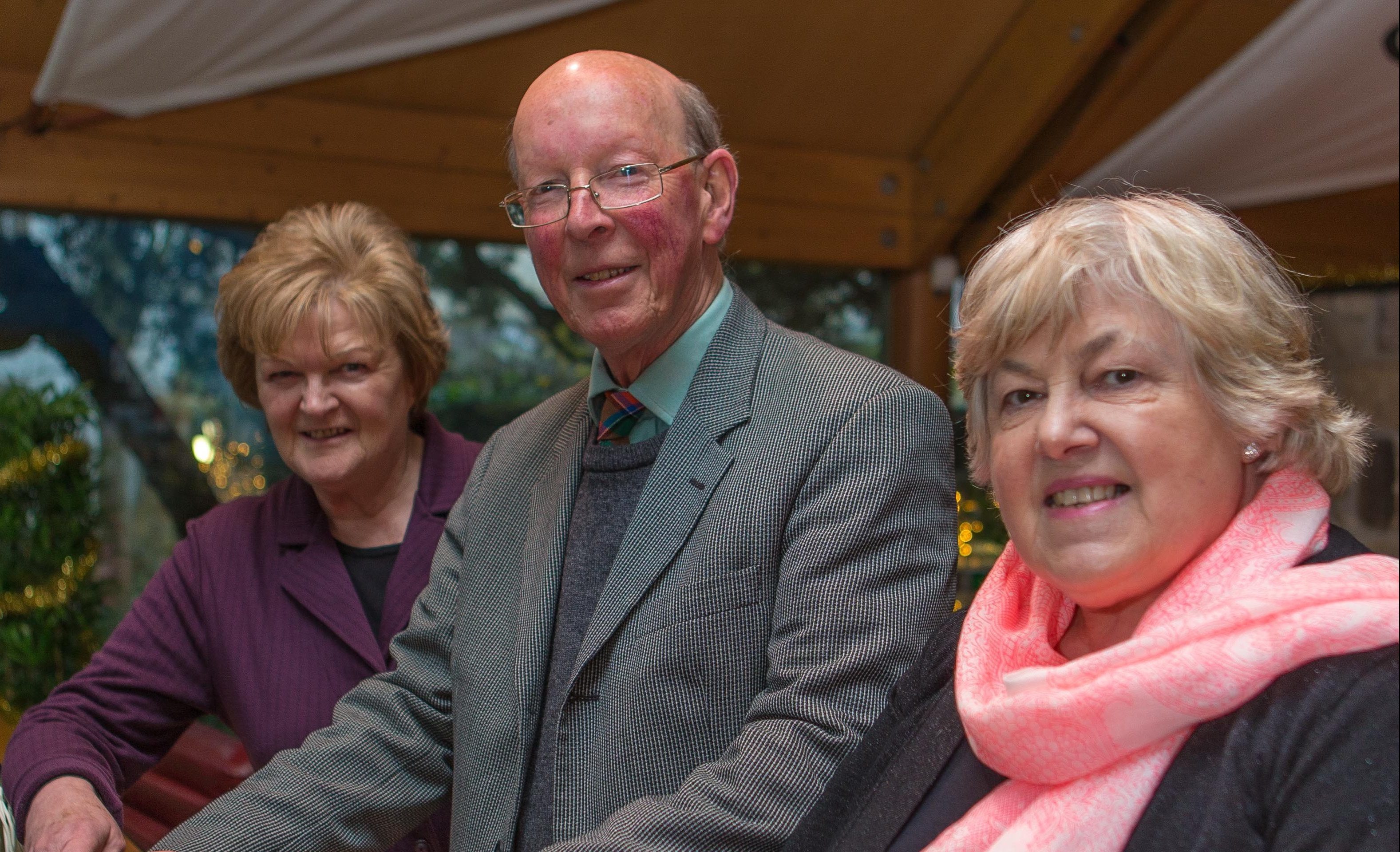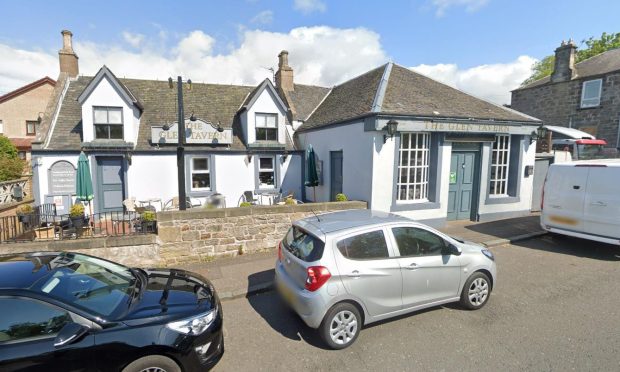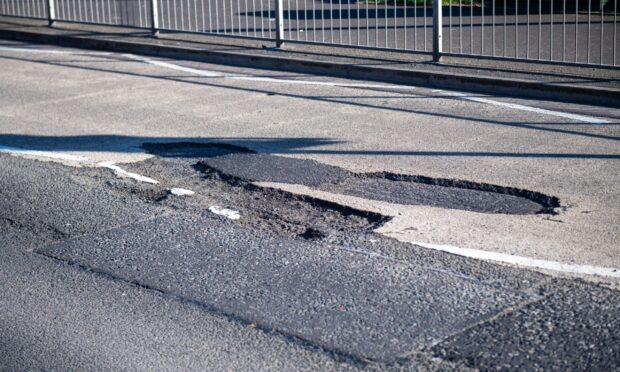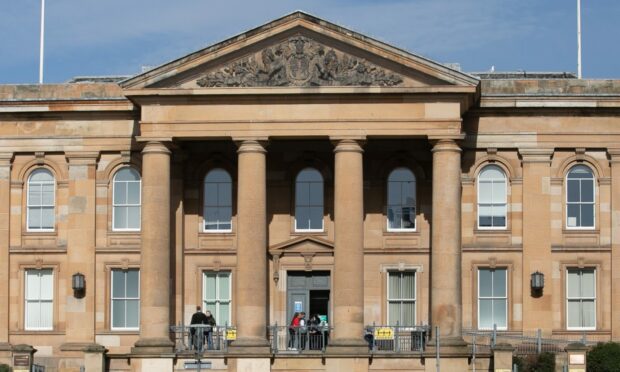Campaigners who won a legal battle to block the new Madras College being built on land at Pipeland have urged Fife councillors to seriously explore the alternatives.
Members of the region’s executive committee will on Tuesday be asked to agree the criteria upon which available site options for the proposed £40 million Madras should be tested, as well as a reassessment of original sites and any other sites which have emerged.
It is just the latest chapter in a long, drawn out affair surrounding the planned replacement for Madras, with the Court of Session’s ruling in March to quash Fife Council’s decision to place a new Madras at Pipeland as “unlawful” effectively forcing the local authority back to the drawing board.
A report to the committee suggests the new Madras should be single-site; of sufficient size; located to minimise pupil travel time and maximise community access; capable of meeting curricular and extra-curricular needs; fully accessible to all pupils, staff and the public; safe and secure; able to be delivered within a reasonable timescale; and deliverable within budget.
But with council officers continuing to progress a renewed planning application for Madras at Pipeland, directors of the St Andrews Environmental Protection Association Limited (STEPAL) say they are “less than impressed” by the council’s persistence with its previously preferred site.
“As an environmental organisation STEPAL welcomes the emphasis in the report on the education service’s intention to inspire learning through the school’s external environment and the importance of the school site, rather than the building itself in achieving this objective,” STEPAL said in a statement released to The Courier.
“The council’s intention to minimise travelling time for pupils and staff will also have environmental as well as social benefits and a well sited school should assist those presently travelling the greatest distances to take full advantage of the community facilities and extra-curricular activities.”
But it added: “We are less impressed by the statement in the report that the planning application for Pipeland will continue to be progressed at the same time as an “open and transparent process” involving informed public participation, to select the best site from previously identified and new sites.
“These statements appear to be contradictory, and if agreed, would undermine the credibility of the public consultation.
“Continuing to pursue the Pipeland application will also involve official time and also incur unnecessary expense for external consultants in an already over-stretched budget for the replacement school.”
STEPAL’s challenge against the council’s decision to approve the Pipeland site in principle was upheld by three civil appeal judges, with the campaigners successfully arguing that the local authority had not adequately considered all site options when it decided it had no alternative.
In his ruling, Lord Malcolm highlighted the difficulty the council faced in considering the matter.
“When a council is both applicant and planning authority, it will not always be easy for planning officers, councillors and others to separate and safeguard its planning jurisdiction from its interest in the proposed development,” he noted.









